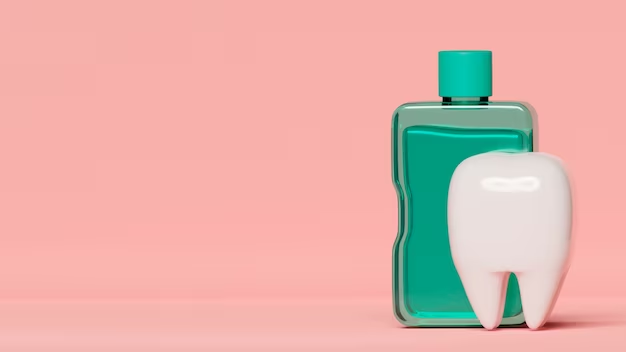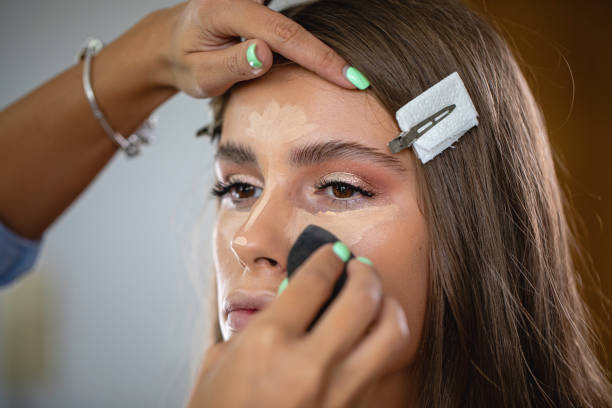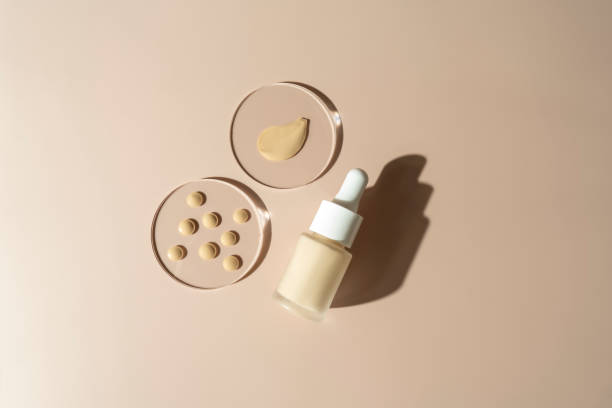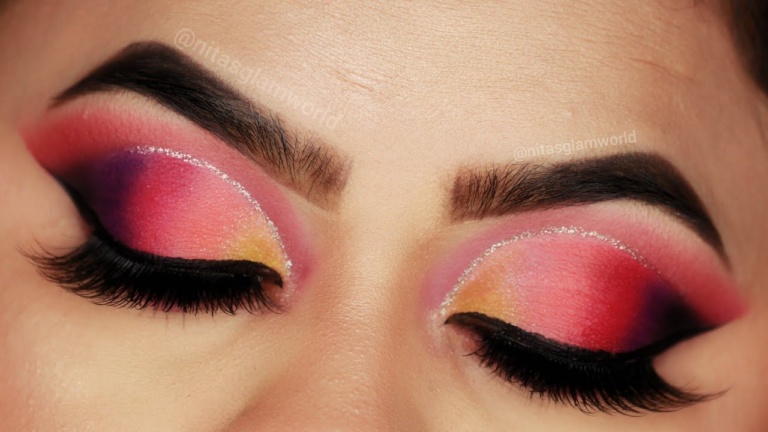Teeth whitening is an increasingly sought-after cosmetic procedure, with many individuals desiring a brighter smile to enhance their appearance and boost confidence. Hydrogen peroxide, often at the heart of teeth whitening remedies, serves as the active agent that can remove stains and lighten the color of teeth. However, for those considering teeth whitening options, questions about safety, in particular with regard to the use of 6% hydrogen peroxide solutions, are commonplace. This article aims to explore this topic, detailing the efficacy and potential risks, to determine if 6% hydrogen peroxide is indeed a safe option for teeth whitening.
With teeth whitening growing in popularity, there’s a spotlight on the various teeth whitening methods available to achieve that coveted pearly white smile. Among the myriad of options, hydrogen peroxide represents a central whitening agent embraced by both dental professionals and at-home products. The use of 6% hydrogen peroxide has been of particular interest due to its balance of efficacy and safety, a concentration that can be potent without being overly aggressive. This introduces the main topic: exploring the safety and effectiveness of 6% hydrogen peroxide in teeth whitening, a matter of significant importance to those aspiring for aesthetic dental enhancements.

Understanding Hydrogen Peroxide
To fully grasp the role of hydrogen peroxide in teeth whitening, one must first understand its properties and applications. Hydrogen peroxide (H2O2) is a chemical compound made up of two hydrogen atoms bonded to two oxygen atoms. As an oxidizing agent, it has the unique capability to break down complex stains on the teeth into smaller, less colored and more easily removable compounds. Dentistry has long leveraged this property, employing hydrogen peroxide in varying concentrations to address tooth discoloration resulting from dietary habits, smoking, or aging.
- As a bleaching gel in professional whitening treatments administered by dentists.
- Incorporated into at-home teeth whitening kits, including strips, gels, and rinses.
Efficacy of 6% Hydrogen Peroxide in Teeth Whitening
When considering the effectiveness of 6% hydrogen peroxide for teeth whitening, it’s important to understand that its efficacy is backed by its action at a molecular level. This specific concentration has been shown to effectively and efficiently penetrate the enamel and dentin, targeting the molecules that cause staining. Compared to other concentrations, 6% strikes a middle ground, being strong enough to produce discernible results while not excessively strong to introduce undue risks, which are typically associated with higher concentrations.
Comparison of efficacy with other concentrations:
- Lower concentrations (<6%): May be less effective or require longer treatment times.
- Higher concentrations (>6%): Can offer faster results but carry a higher potential for sensitivity and other side effects.
Safety Concerns and Considerations
Safety is a paramount concern when it comes to using hydrogen peroxide for teeth whitening. While 6% hydrogen peroxide is generally considered safe for use in dental whitening products, it is not devoid of potential side effects. The most common adverse effect reported is increased tooth sensitivity, which can occur temporarily following the whitening process. Additionally, if the hydrogen peroxide is not applied correctly or for the recommended amount of time, it can lead to irritation of the gums or oral tissues.
Precautions for using 6% hydrogen peroxide safely:
- Follow the product’s instructions: Adhering to the recommended usage guidelines is essential to minimize risks.
- Protect your gums: Use trays or strips that fit well to prevent the gel from making contact with gum tissue.
- Duration of treatment: Avoid overusing or extending the treatment duration beyond what is advised.

Professional Treatment vs. At-Home Whitening
The debate between professional teeth whitening and at-home treatments revolves around several factors including cost, convenience, and, importantly, the concentration of hydrogen peroxide used. Professional treatments typically employ stronger concentrations of hydrogen peroxide, ranging upwards from 6%, administered under the careful supervision of a dental healthcare provider. These treatments can be faster and more effective but also come with a higher price tag and increased chances of experiencing tooth sensitivity or gum irritation.
Considering at-home options, they often hover around the 6% mark for hydrogen peroxide, promising effective results with the convenience and comfort of self-administration. The trade-off is that they may take longer to achieve the desired degree of whitening compared to the higher concentrations used by professionals. However, the lower costs and the gradual approach can be appealing to many users, who prefer to exercise more control over their whitening process.
| Professional Treatment | At-Home Whitening |
|---|---|
| Higher concentration (upwards from 6%) | Often around 6% |
| Faster results | Gradual results |
| Administered by professionals | Self-administered |
| Higher cost | More affordable |
| Greater risk of sensitivity | Lower risk |
Best Practices for Teeth Whitening with 6% Hydrogen Peroxide
When using a 6% hydrogen peroxide solution for teeth whitening, there are best practices to ensure safety and maximize results. It’s vital to approach the whitening process with care and to understand that while 6% is a moderately strong concentration, it still requires proper handling to avoid potential complications.
Tips for safe application:
- Conduct a patch test to check for any allergic reactions or sensitivity.
- Start with a clean oral environment by brushing and flossing thoroughly beforehand.
Recommendations for maintaining results:
- Limit intake of staining foods and beverages such as coffee, tea, and red wine.
- Adhere to a consistent oral hygiene routine to prevent new stains.

Conclusion
To conclude, the use of 6% hydrogen peroxide in teeth whitening carries a balance of efficacy and safety if used correctly. It is powerful enough to produce significant whitening effects yet moderate enough to keep risks of adverse effects to a minimum, especially when compared to higher concentrations. The key to safely achieving and maintaining a brighter smile with 6% hydrogen peroxide lies in following best practices, understanding the product’s directions, and potentially seeking advice from a dental professional. Whether opting for professional treatments or at-home products, consumers should be well-informed about the nuances of hydrogen peroxide use in dentistry.
FAQ
- Can using 6% hydrogen peroxide for teeth whitening cause permanent tooth damage? No, when used as instructed, 6% hydrogen peroxide does not cause permanent damage to the teeth. However, it’s crucial to follow the guidelines for usage to prevent any temporary side effects.
- How long will the whitening effect last after using 6% hydrogen peroxide? The longevity of the whitening effect can vary depending on dietary habits, oral hygiene, and tobacco use, but typically, results can last from a few months up to a year.
- Is it normal to experience tooth sensitivity after using 6% hydrogen peroxide products? Mild tooth sensitivity can be a normal side effect post-whitening, which should subside within a few days. Using a toothpaste for sensitive teeth can help alleviate symptoms.
- How often can I safely use 6% hydrogen peroxide whitening products? It’s generally recommended to follow the product’s specific guidelines, but most suggest waiting several months before conducting another whitening treatment.
- Should I consult a dentist before using at-home whitening kits with 6% hydrogen peroxide? Consulting with a dentist is always a good idea before beginning any teeth whitening regimen, as they can advise on the best and safest approach based on your individual oral health.








